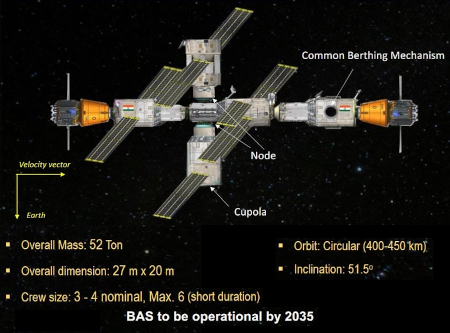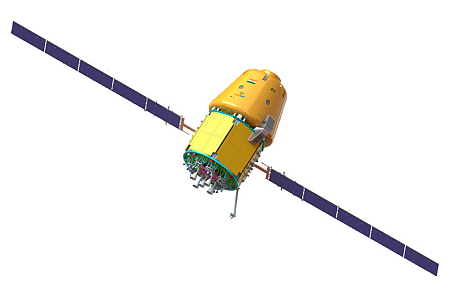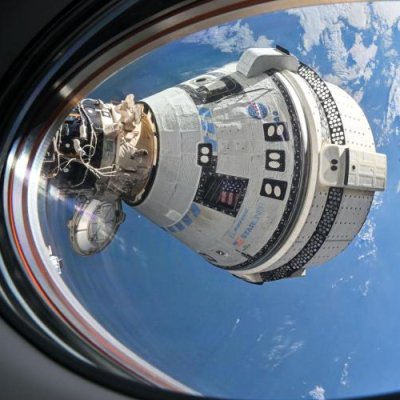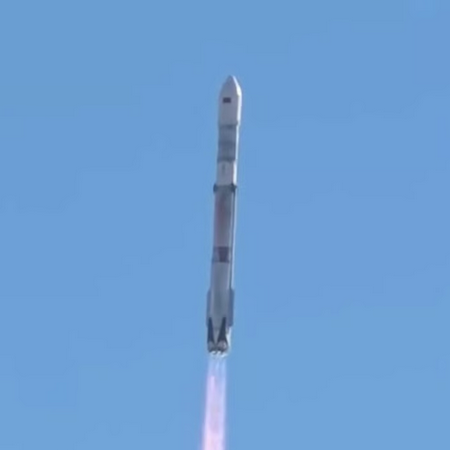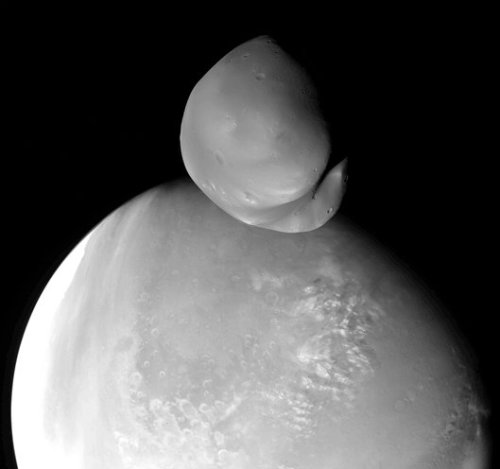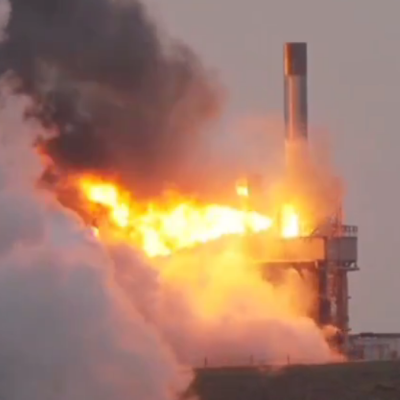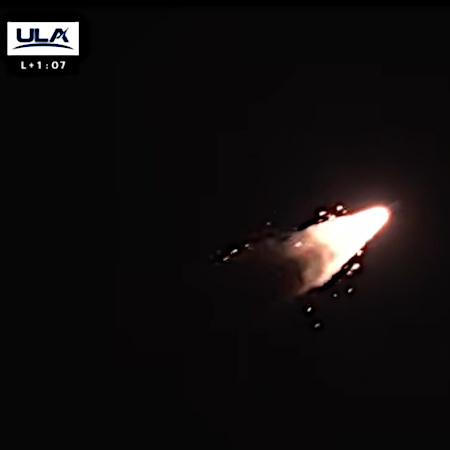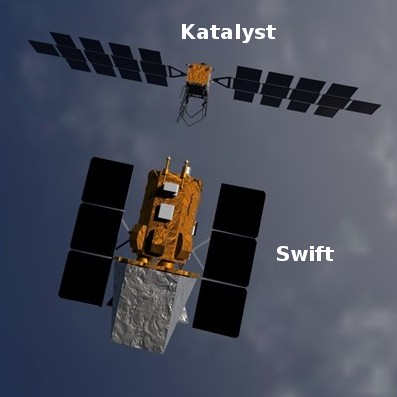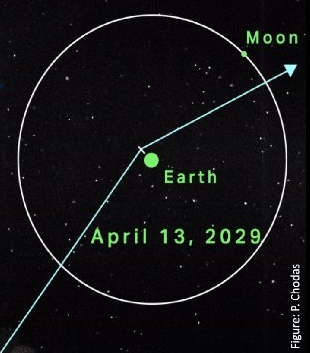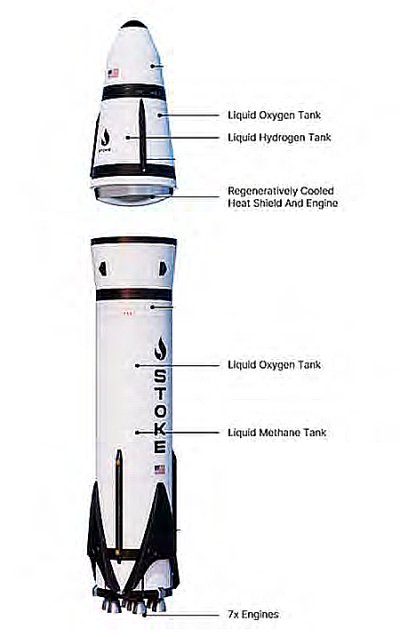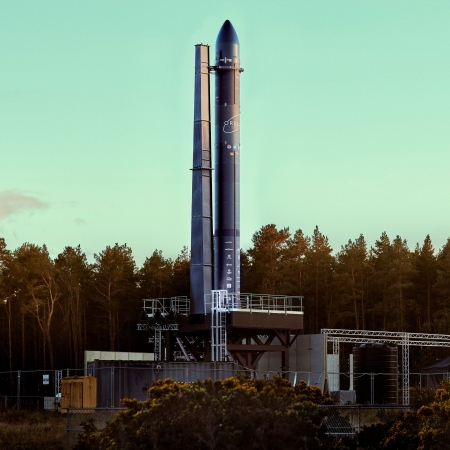SpaceX launches 25 more Starlink satellites
SpaceX early this morning successfully placed another 25 Starlink satellites into orbit, its Falcon 9 rocket lifting off from Vandenberg Space Force Base in California.f
The first stage (B1063) completed its 31st flight, landing on a drone ship in the Pacific, moving it up in the rankings for the most reused launch vehicles:
39 Discovery space shuttle
33 Atlantis space shuttle
32 Falcon 9 booster B1067
31 Falcon 9 booster B1063
30 Falcon 9 booster B1071
29 Falcon 9 booster B1069
28 Columbia space shuttle
The 2026 launch race:
21 SpaceX
8 China
2 Rocket Lab
2 Russia
1 ULA
1 Europe (Arianespace)
As it did in both ’24 and ’25, SpaceX in ’26 so far has more launches than the entire rest of the world combined.
SpaceX early this morning successfully placed another 25 Starlink satellites into orbit, its Falcon 9 rocket lifting off from Vandenberg Space Force Base in California.f
The first stage (B1063) completed its 31st flight, landing on a drone ship in the Pacific, moving it up in the rankings for the most reused launch vehicles:
39 Discovery space shuttle
33 Atlantis space shuttle
32 Falcon 9 booster B1067
31 Falcon 9 booster B1063
30 Falcon 9 booster B1071
29 Falcon 9 booster B1069
28 Columbia space shuttle
The 2026 launch race:
21 SpaceX
8 China
2 Rocket Lab
2 Russia
1 ULA
1 Europe (Arianespace)
As it did in both ’24 and ’25, SpaceX in ’26 so far has more launches than the entire rest of the world combined.

